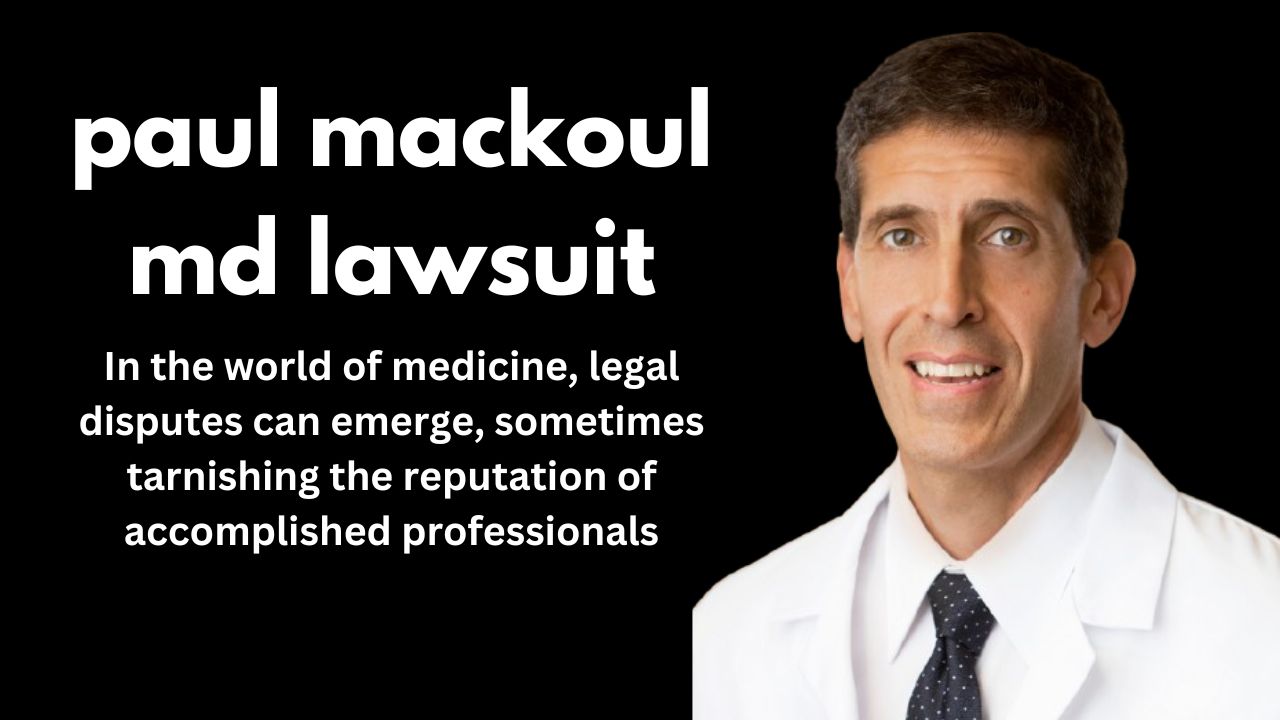The real estate world has been buzzing with news about the 72 Sold lawsuit, a case that has captured attention across the industry. As consumers seek quicker and more efficient ways to sell their homes, innovative companies like 72 Sold have risen to prominence. However, as is often the case with rapid growth and bold claims, not everything is as it seems. This lawsuit exposes critical issues surrounding business practices in real estate and raises questions about transparency and consumer protection. Let’s dive into what this lawsuit entails and explore its far-reaching implications for both buyers and sellers in today’s market.
Brief overview of the 72 Sold lawsuit
The 72 Sold lawsuit centers on allegations of misleading business practices. Launched in late 2022, it claims that the company misrepresented its selling process to homeowners.
Many consumers felt they were promised quick sales and high offers but found the reality different once engaged with the service. The complaints highlighted a gap between expectations and actual outcomes.
Homeowners alleged that fees associated with using 72 Sold were not clearly disclosed upfront, raising concerns about transparency. As more individuals shared their experiences, scrutiny intensified around how these claims affected consumer trust.
The situation escalated as various stakeholders began to take notice, prompting investigations into whether industry standards had been compromised. This case has quickly turned into a focal point for discussions about ethics in real estate practices and consumer rights.
Background information on the company and its practices
72 Sold is a real estate company that emerged with a unique selling proposition. Their model promises to expedite the home-selling process, appealing to sellers eager for quick transactions. The core idea revolves around an auction-style approach, aiming to maximize seller profits while minimizing time on the market.
Founded by industry veterans, 72 Sold gained traction through innovative marketing strategies and compelling claims of higher sale prices compared to traditional methods. They leverage technology and data analytics to facilitate seamless transactions, attracting both novice and seasoned sellers.
However, their practices have sparked scrutiny. Critics argue that the rapid-fire process may overlook critical aspects of property valuation and buyer engagement. While many clients appreciate speed and efficiency, others express concerns over transparency in fees associated with this expedited method. This dynamic sets the stage for deeper discussions about accountability within unconventional real estate models.
Details of the lawsuit, including allegations and outcomes
The 72 Sold lawsuit has garnered significant attention due to serious allegations against the company. Plaintiffs claim they were misled about the true value of their homes and faced hidden fees during transactions.
Documents filed in court highlight claims that 72 Sold employed aggressive marketing tactics, emphasizing rapid sales without fully disclosing associated costs. Homeowners allege they received lower offers than expected or had undisclosed deductions taken from their proceeds.
As for outcomes, initial rulings suggest a potential class-action status could be on the horizon. This means more homeowners might join forces against the company, amplifying concerns around transparency in real estate practices.
Legal experts are closely watching how this case unfolds, as it may set important precedents regarding ethical standards in real estate marketing and sales strategies.
Impact on the real estate industry
The 72 Sold lawsuit has stirred significant conversations within the real estate sector. As a new player in an industry often resistant to change, its challenges highlight potential vulnerabilities in innovative sales strategies.
Real estate agents are now more cautious about adopting unconventional models. Trust is paramount, and this case raises questions about transparency in practices. Agents may rethink their methods to avoid scrutiny and ensure compliance with regulations.
Moreover, consumers are becoming savvier. They seek assurance that companies prioritize their best interests over profit margins. This shift could lead to increased demand for ethical business practices among realtors.
Competition might also intensify as firms strive to differentiate themselves from those facing legal troubles. The landscape could evolve into one where consumer trust becomes a key competitive advantage for successful businesses moving forward.
Reactions from industry experts and consumers
The reactions to the 72 Sold lawsuit have been mixed, stirring a blend of concern and curiosity within the real estate community. Some industry experts view it as a wake-up call for transparency in real estate practices.
Many agents express worry about potential reputational damage to the industry. They fear that negative perceptions might deter consumers from engaging with innovative selling methods.
On the other hand, some analysts believe this could spark essential discussions about ethical standards in real estate transactions. They argue that scrutiny is vital for progress.
Consumers are also weighing in. Many home sellers feel uneasy and question whether they should trust alternative selling platforms like 72 Sold. Others remain supportive, viewing this lawsuit as an opportunity for improvement rather than condemnation.
The dynamics between innovation and accountability seem increasingly crucial as opinions continue to surface across various channels.
Lessons learned for businesses and consumers
The 72 Sold lawsuit highlights critical lessons for both businesses and consumers in the real estate market. Transparency is paramount. Companies must clearly communicate their pricing structures and services to avoid misunderstandings.
For consumers, diligence is essential. Researching companies before engaging can prevent potential pitfalls. Understanding contractual terms helps individuals make informed decisions about their transactions.
Businesses should also prioritize customer feedback. Listening to clients can improve practices and build trust over time. A responsive company addresses concerns promptly, fostering a loyal client base.
Additionally, ethical practices should be at the forefront of any business model. Prioritizing integrity not only protects against legal issues but enhances reputation within the community.
Educating oneself on industry standards empowers consumers as well as businesses alike to navigate this complex environment with confidence and clarity.
Conclusion: What this means for the future of real estate sales and marketing
The fallout from the 72 Sold lawsuit could have lasting implications for the real estate industry. As consumers become more informed, they are likely to demand greater transparency and accountability from companies. This case highlights how traditional practices may be scrutinized, prompting businesses to adapt their strategies.
Realtors and agencies might rethink commission structures and advertising tactics in light of these events. The focus on ethical sales processes is becoming increasingly important as buyers seek assurance that they are making sound investments.
For consumers, this event serves as a wake-up call. It emphasizes the need to conduct thorough research before engaging with any real estate service. Being vigilant can help homebuyers avoid potential pitfalls in an industry that’s constantly evolving.
The 72 Sold lawsuit has sparked conversations around integrity within real estate transactions. Companies must now prioritize reputation management while ensuring compliance with legal standards and consumer protection laws.
As we move forward, both businesses and consumers will need to stay informed about changes in regulations and best practices in order to navigate this shif







